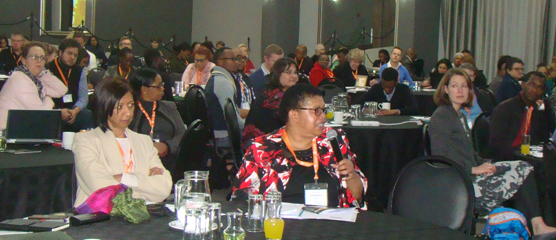
Reflections on Siyaphumelela Conference 2017
Fatima Rahiman

Perhaps it was the infectious air of the Wanderers Club, the venue for this year’s Siyaphumelela conference, that spurred on a very hands-on “not-your-usual-talking-heads-conference”. Characterised by an energizing spirit, that was fueled by a tight programme packed with pre-conference workshops, keynote sessions, moving into audience conversation sessions, and numerous networking opportunities, the conference hosted about 140 delegates representing 16 South African universities, and all gathered together to share evidence-based learnings on the theme of “Driving student success by making our universities “student-ready” instead of making our students “university ready”.
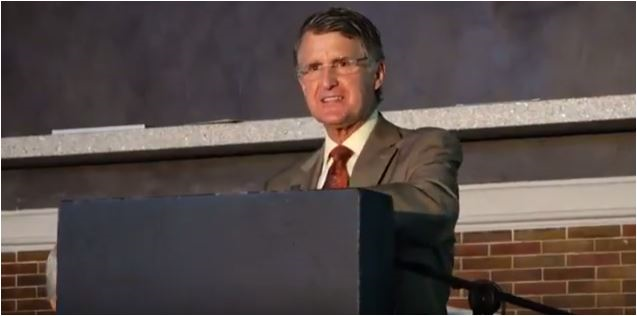
Delegates at this year conference were honoured by the president, Mr Rip Rapson, of the Kresge Foundation , the sponsor of the Siyaphumelela programme, who opened the proceedings with an inspiring speech in which he drew on the similarities between the US and South Africa’s past and current milieu and the envisaged reciprocal learnings the programme could yield on evidence-based student success endeavours.
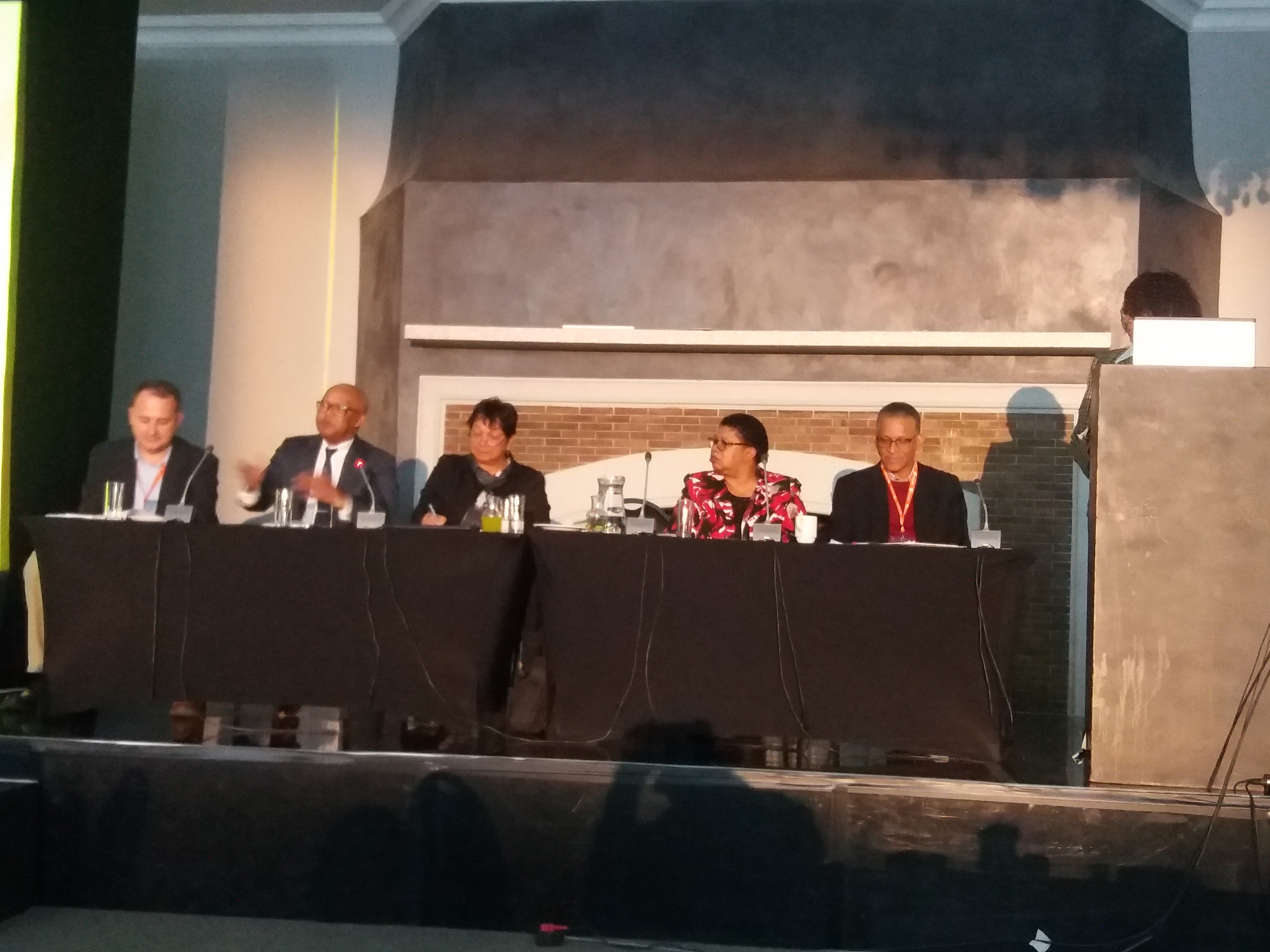
The VC and DVC panel presentation, a now established highlight of the annual conference proceedings, followed thereafter, describing the landscape of initiatives currently underway at the five partner institutions of the Siyaphumelela programme.
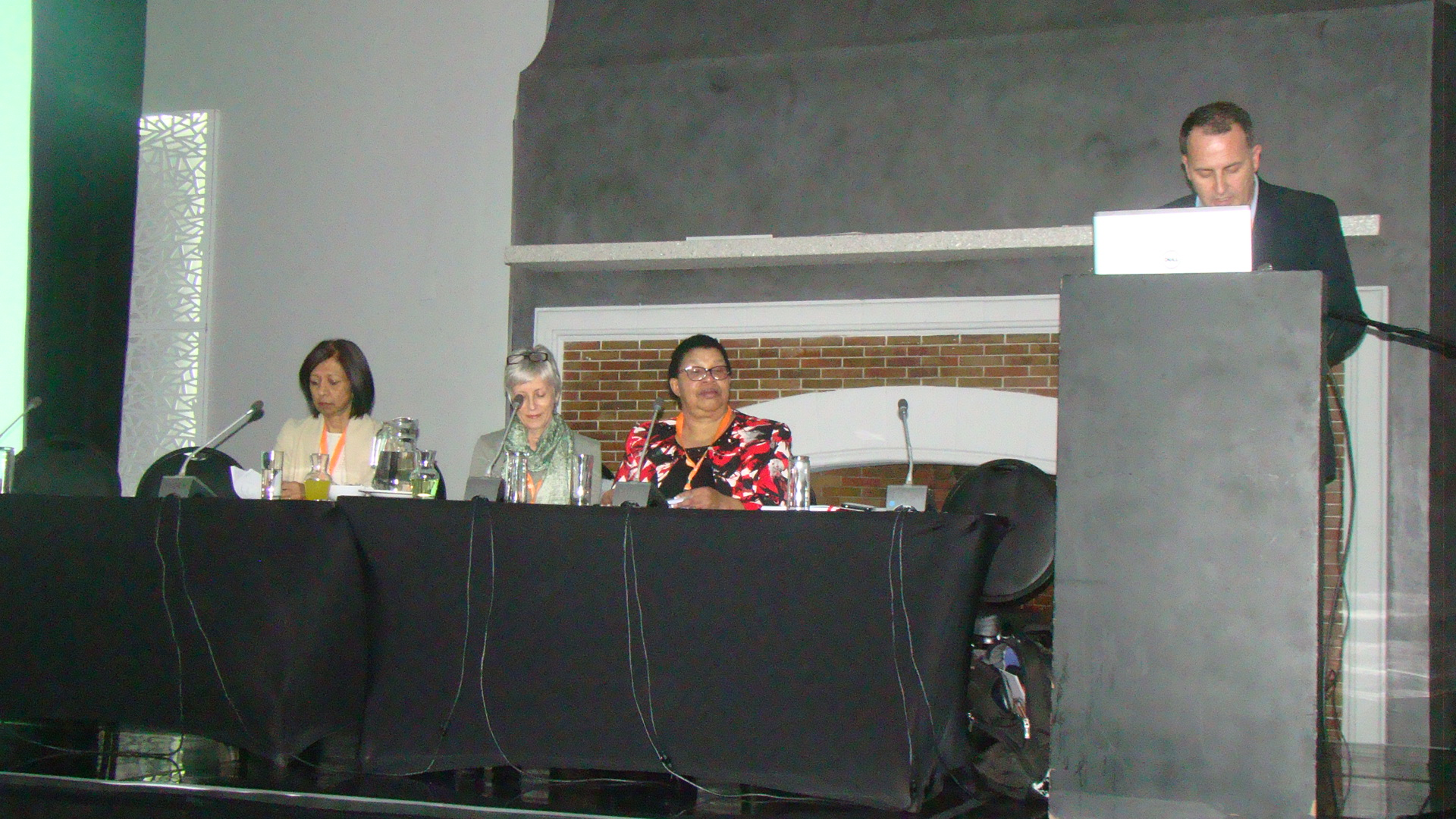
In addition, student success initiatives of the participating institutions were further profiled in more focused plenary sessions as case studies of each of the partner institutions. This allowed for deeper sharing of insights of the potential of data analytics in aiding planning and decision making aimed at student success initiatives and the cascading of lessons learnt to other institutions not involved in the Siyaphumelela programme.
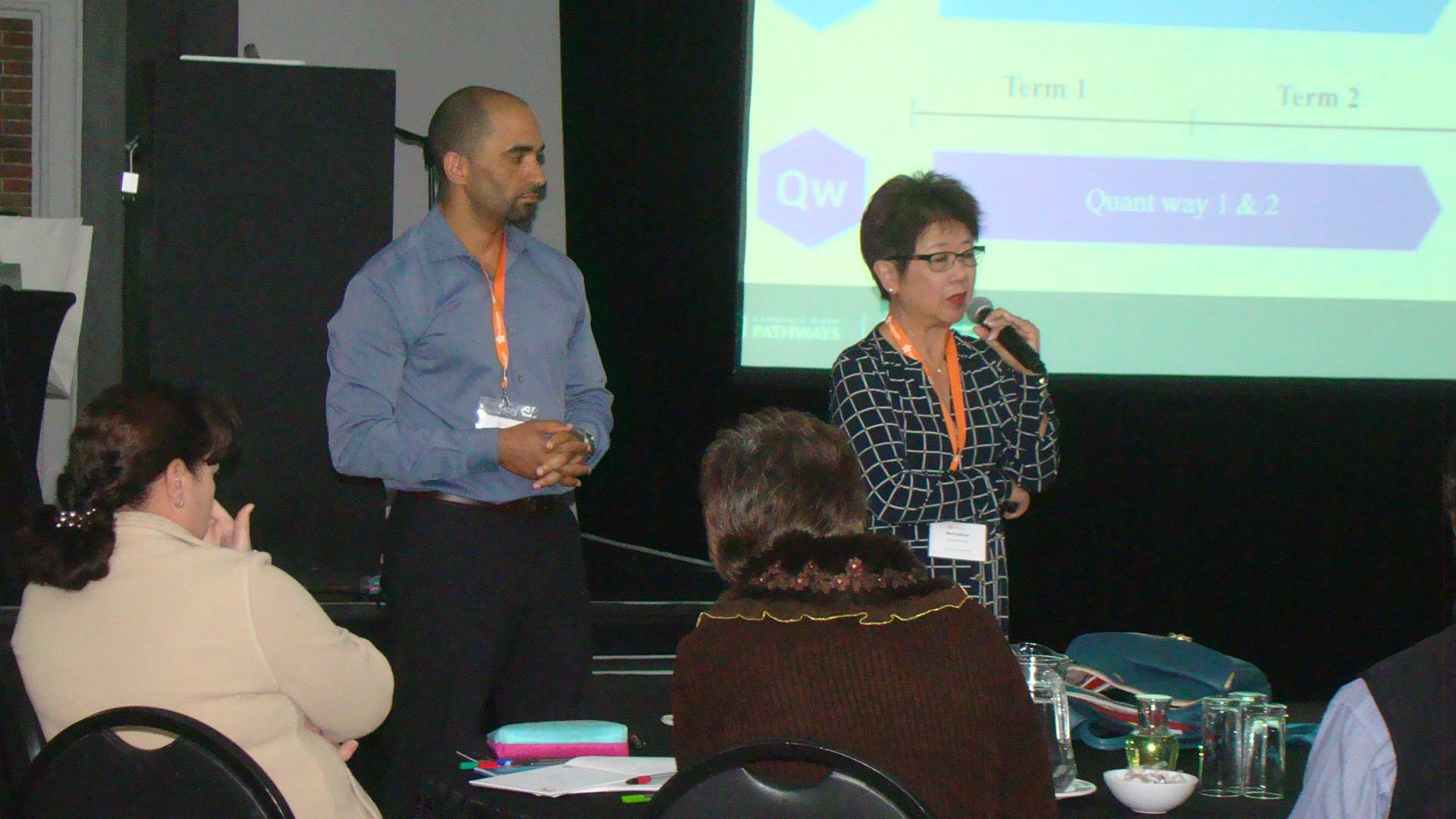
Day One of the conference also showcased international keynote speakers Dr. Fong and Prof Freeman who presented an engaging talk on developmental mathematics pathway in their presentation titled “Radically Transforming mathematic learning experience”. This was followed with a conversation session, entailing a more pragmatic focus with an in-depth discussion between the plenary speakers and delegates on the formation of network improvement communities and strategies to enhance mathematics learning involving reconceptualising curriculum content, disruptive pedagogies and productive persistence factors.
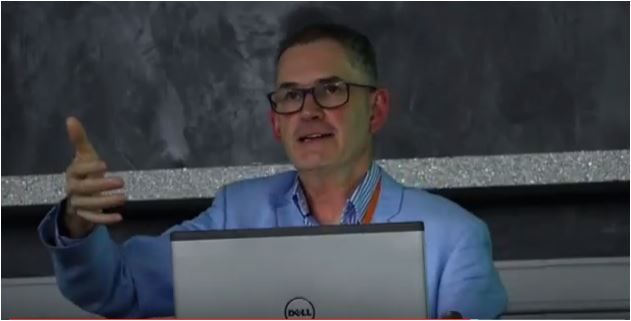
Sharing the spotlight in plenary on Day One was Prof Paul Prinsloo, who provided the audience with a sobering critical look on the issue of ethical use of student data, inviting them to take a considered approach on the hype around data analytics.
Day One closed with a report by Prof Alan Amory and Dr Jan Lydon on the previous day’s pre- conference workshop, which focused on the Institutional Capacity Assessment tool for student success.
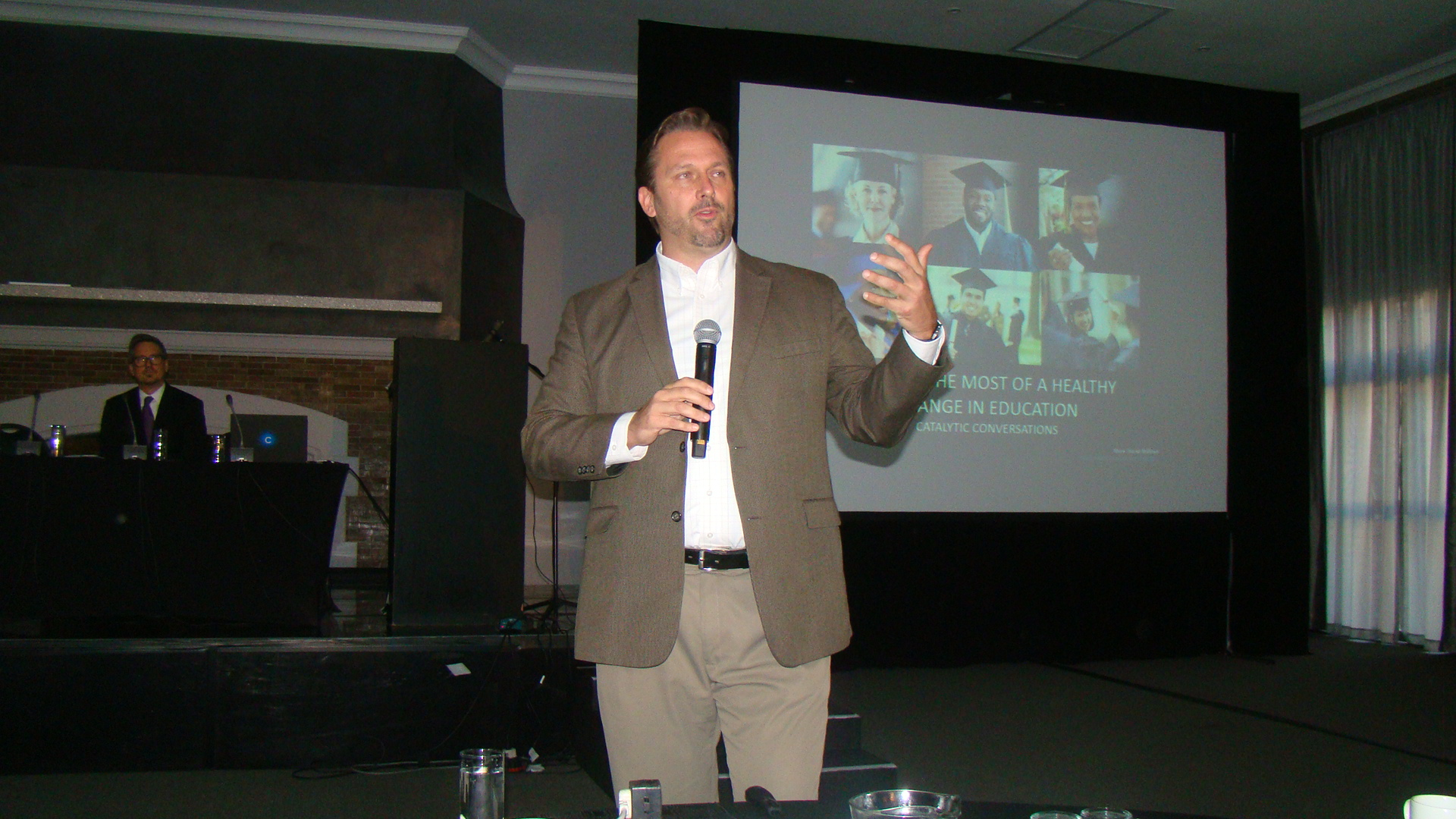
Dr. Mark Milliron, Co-founder of Civitas Learning and Chief Learning Officer set the tone for the next day’s agenda with his motivating talk on “Making the most of a healthy change in education” by drawing on experiences in the health care sector to show its relevance to the field of education analytics. Following his presentation in plenary, which was embedded with numerous helpful links, Dr. Milliron later unpacked his seven strategies to power analytics in a dialogue with conference delegates from the various institutions in the conversation session.
A work stream report, describing the progress of the Siyaphumelela partner working group initiatives on student advising and use of national data was then presented by Profs Strydom and Amory.
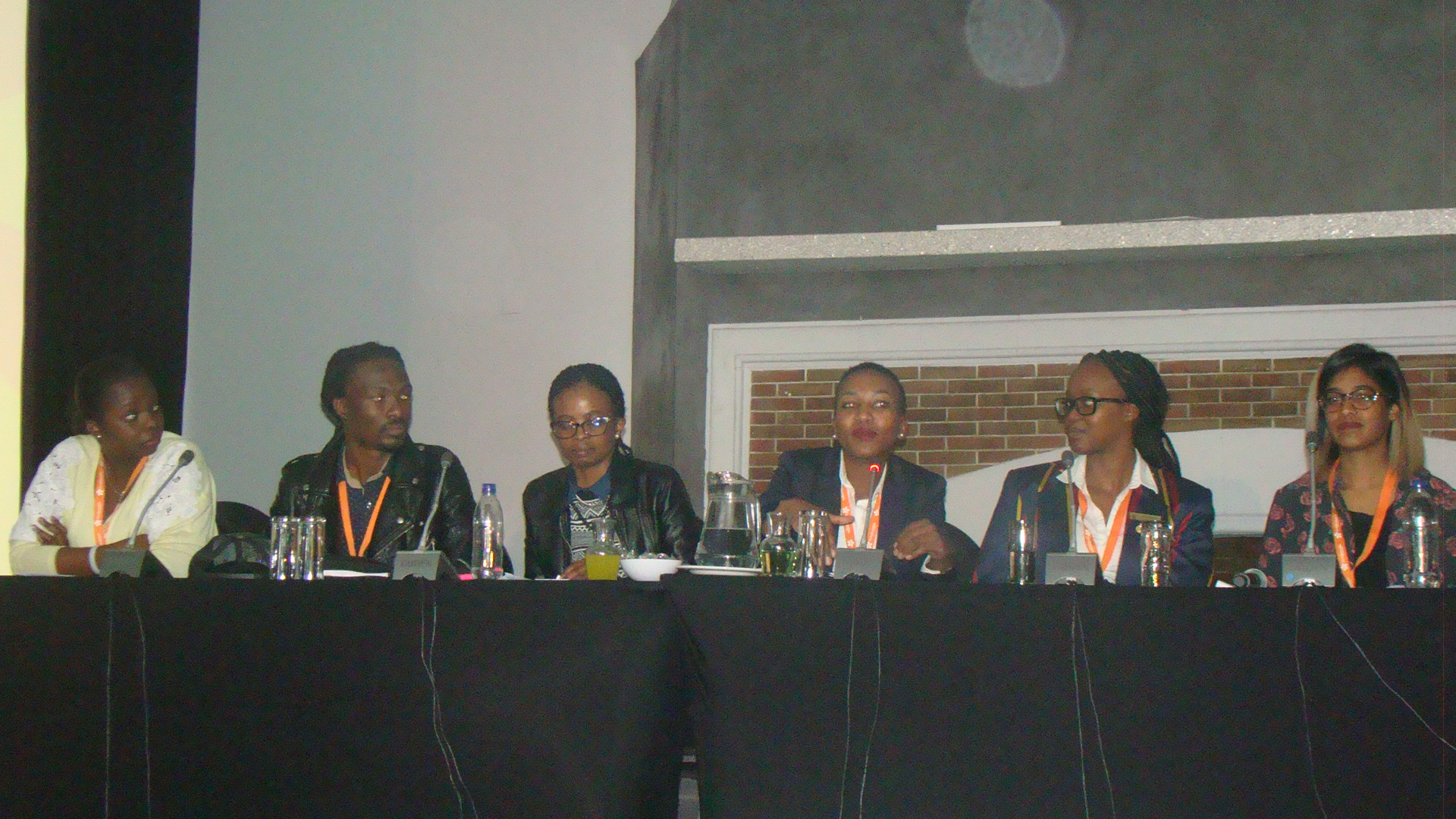
A special highlight of the conference was the dedicated student panel session which provided a platform for student reflections on the past day’s proceedings. Whilst the sharing here was refreshingly authentic and frank, it was evident that there appeared to be a general unawareness of the initiatives currently underway by the students’ respective institutions.
The last keynote by Dr. Whitfield Green described the Department of Higher Education and Training’s new initiative: the University Capacity Development Programme that is designed to support student success. This session provided a fitting closure to the conference as it highlighted the Department’s commitment to assisting the realisation of the various interventions discussed over the previous three days.

